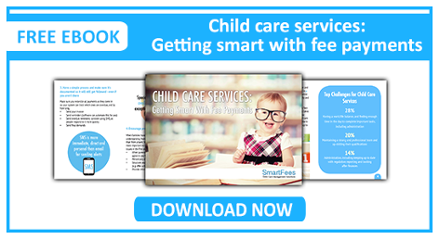A previous article written by ACECQA’s National Education Leader, Rhonda Livingstone, explores Quality Area 6 of the National Quality Standard (NQS) which focuses on the important roles different parties play in enhancing a child’s learning and well being. Early childhood educators play a major role as the partnerships they form with the child, their family and the community allow the child to connect with, and contribute to the world around them.

As each child is unique, the NQS requires educators to adapt their program so that the routines, experiences and interactions the child participates in are relevant to them and respectful of their background.
The article goes on to say,
The NQS goes beyond simply requiring parent involvement, instead encouraging respectful, supportive, collaborative relationships with families and communities. Quality Area 6 – Collaborative Partnerships with families and communities focuses on educators, families and communities uniting around a shared vision for children and working together to achieve goals.
This Quality Area promotes respectful supportive relationships with families (NQS Standard 6.1), support for families in their parenting role and their values and beliefs about child rearing (NQS Standard 6.2) and collaboration with other organisations and service providers to enhance children’s learning and wellbeing (NQS Standard 6.3).
Secure, respectful and reciprocal relationships
When educators establish respectful and caring relationships with children and families, they are able to work together to construct curriculum and learning experiences relevant to children in their local context. These experiences gradually expand children’s knowledge and understanding of the world.
The article goes on to explain that as important as it is to put into action all of the requirements of the NQS it’s equally as important to not ‘set and forget’. Ongoing critical reflection of your practice will assist you and your team to constantly enhance you methods and curriculum. This is to ensure that no child is disadvantaged by your teaching methods or misses out on any learning opportunities.
To read the full article please click here.
If you’d like to be kept up-to-date on the latest trends and news in the child care sector as well as receive information on how to combat challenges child care services face on a daily basis, please subscribe to our blog SmartReads.
We also invite you to follow us on Twitter and Facebook for the latest child care sector news.




